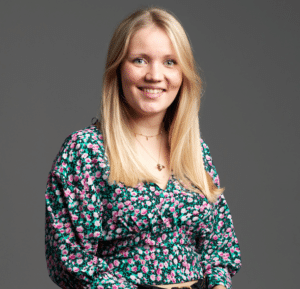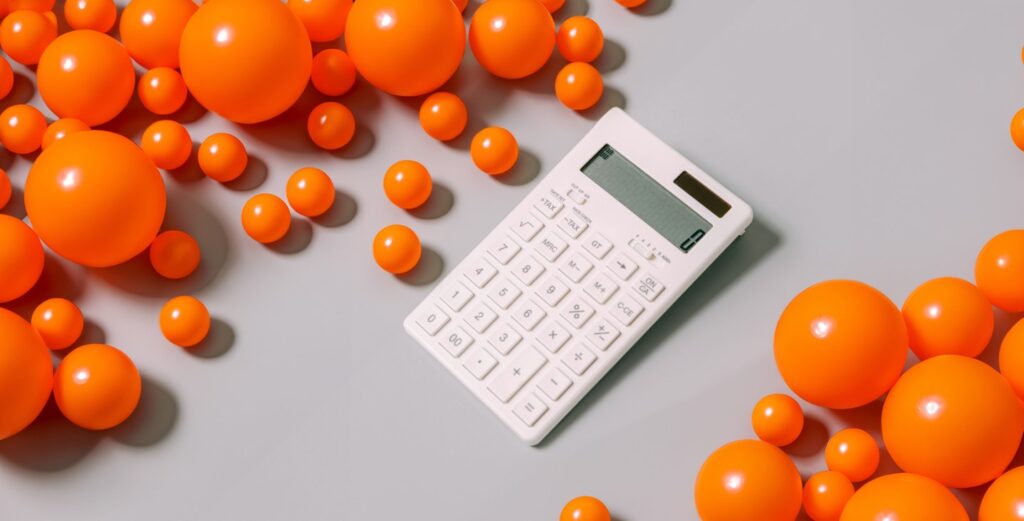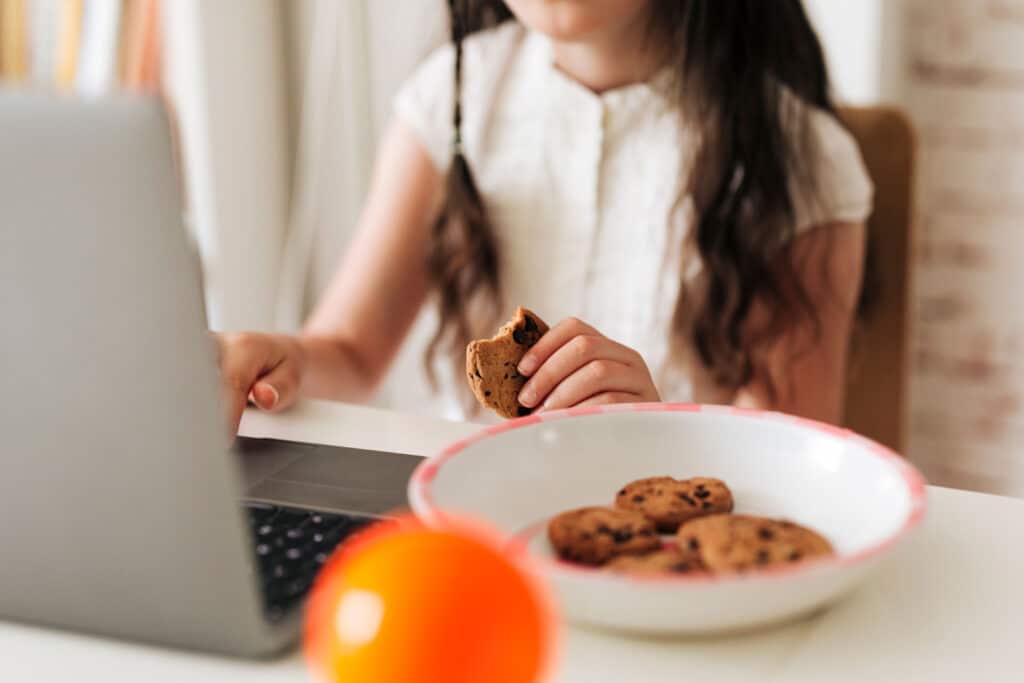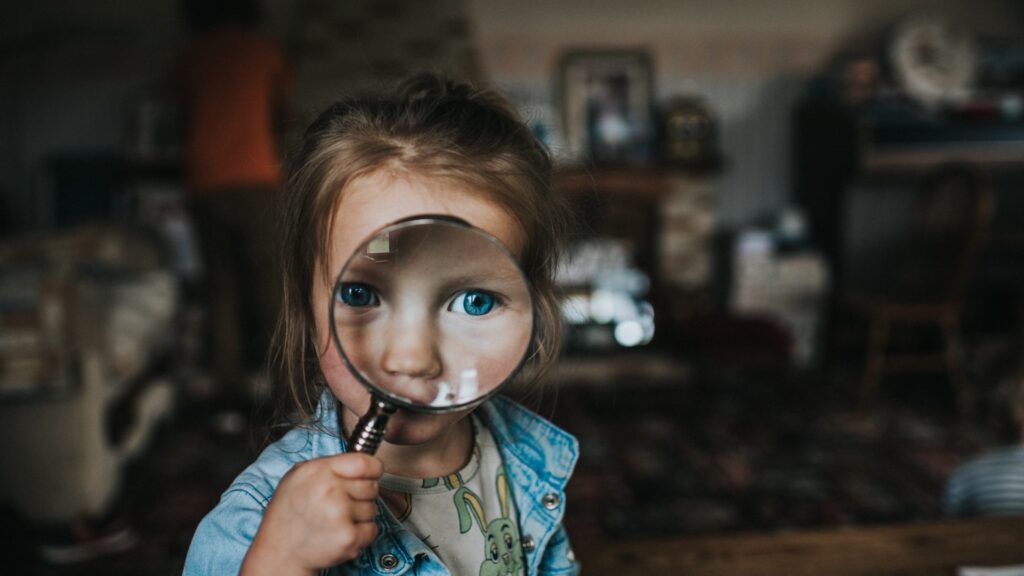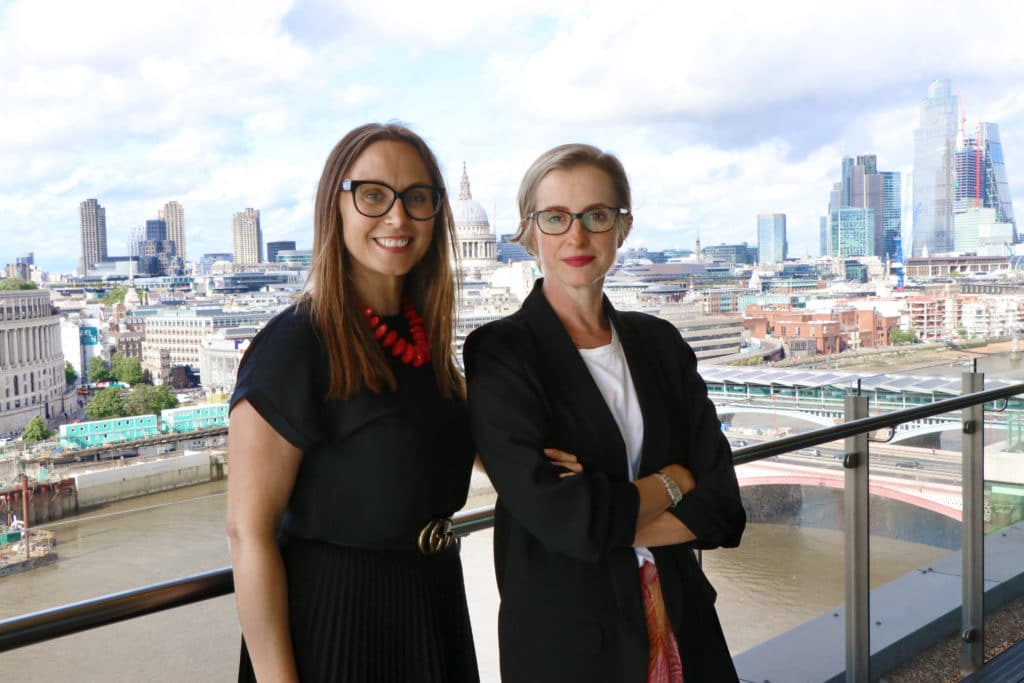How to draw on Britain’s (brand) new era of trust
After reading the news headlines, it’s hard not to be left feeling that Britain is a nation in crisis. Pressures are being felt across the full socio-economic spectrum, from the cost of living and soaring mortgage rates to the extortionate price of a block of cheddar. And it’s not just here in the UK. Globally, economic optimism is crumbling, political divides are widening, and government trust is declining on all metrics.
Yet, somewhat paradoxically, this decline in institutional trust is not mirrored in how we feel about the people around us. In fact, the UK is experiencing an uptick in what’s called ‘social trust’, or the feeling that we can trust our neighbours and fellow citizens.
The latest World Values Survey found that 46% of Britons agree that “most people can be trusted”, a significant rise since 1999 when just 29% felt this way. To put this into context, in countries such as Colombia, Ecuador and Peru, just 10% of respondents feel trusting of those around them.
Why does this matter? Several studies have shown that being able to trust each other is good for financial prosperity, happiness and health. As Nobel Laureate Kenneth Arrow wrote in 1972, “virtually every commercial transaction has within itself an element of trust.” From a signature to a handshake, trust underpins and drives the economy. According to Deloitte, countries where businesses, governments, and other institutions have engendered more trust experience stronger per capita GDP growth.
When times are tough, brands that authentically nurture the dialogue with consumers through trusted channels will emerge stronger.
In other words, trust is, quite literally, a valuable commodity, and this translates to the media and marketing world, too. Due to the likes of greenwashing and call-out culture, the need for brand trust is rising – 71% of people claim that it is more important to trust the brands they buy/use today than in the past. But customers don’t think of brands as neighbours, so businesses can’t rely on this uptick in social trust and expect to benefit from some halo effect. However, there are some tactics that can help brands build and nurture trust. And with the findings that Britons are more receptive to trust right now, this is the time to take action and draw on the change in attitude.
Be seen in high-trust channels
Kantar’s global Media Reactions study found that consumers’ most trusted advertising environments are all offline media channels – TV ads are the most trusted, with ‘as seen on TV’ a long-standing point of pride for brands, and newspaper, magazine, radio and cinema ads make up the rest of the top five. Not one online media channel inspires high advertising trust in the way offline channels do, so protecting them in the media mix is key.
Be inclusive
Playing it safe is riskier than taking a stand when it comes to diversity and inclusion. Brands that are inclusive in their marketing are viewed as more authentic and trustworthy, which benefits business. A Microsoft report highlights that trust is “not static” among consumers, and businesses need to work on long-term strategies rather than short-term campaigns to effectively build and maintain trust and ultimately inspire customer advocacy. Take Wavemaker’s active approach to inclusive planning. Tools such as our DE&I checker allow for the ability to audit plans and check if targeting is inclusive or if there are any gaps to address in order to safeguard reach and frequency for marginalised communities. In other words, inclusivity is baked into advertising strategy rather than simply an add-on. Brands like Nationwide have leveraged this approach – and opportunity – to its benefit and are seeing improved business outcomes as a result. As a case in point, a recent study demonstrated that it continues to be a well-trusted brand on the UK high street.
Be transparent
Consumers respond positively to brands that are honest about what they are and, just as importantly, aren’t doing. With 55% of Brits tired of hearing pledges from businesses without any action, narratives around purpose need to be substantiated, with purpose visions grounded in reality and evidence to garner credibility. The restaurant chain Wahaca is a great example of this; having been CarbonNeutral since 2016 and focused on making their supply chain more sustainable, they recently introduced ‘carbon footprint’ labels to their menus, incentivising consumers to choose more environmentally friendly dishes.
While the benefits of putting a sustainable strategy and policies at the heart of a business have been well researched and documented, it has been more challenging to directly attribute climate ‘changes’ to business goals and objectives. Today, resources such as Wavemaker’s Carbon Calculator enable our clients to evaluate the carbon footprint of every media plan. Taking this one step further, we created the Eco-Effectiveness index, fusing carbon impact data with econometrics sales uplifts so we can genuinely integrate sustainability objectives into our media plan optimisations. This is a boon to brands looking to precisely communicate to stakeholders the impact of work done – a critical component in building brand trust.
Amidst the crisis headlines, it’s comforting to know that despite the challenges we’re all facing, we trust the people around us that bit more. Social trust really mattered during the pandemic, and having gone through such a significant collective experience has likely helped fortify our social networks. The people around us and small acts of kindness helped us all to cope.
There is a lesson here for brands. When times are tough, brands that authentically nurture the dialogue with consumers through trusted channels will emerge stronger. Whilst we can’t choose our neighbours, we can choose the brands we engage with, and therefore a little trust in the power of trust will be critical moving forward.
Article originally published in Creativebrief.


